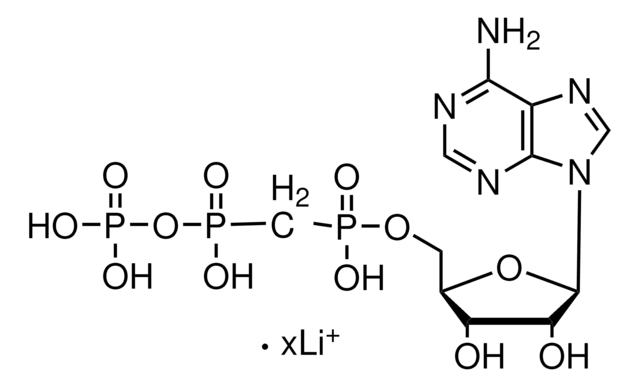P4060
Phytanic acid
≥96%, mixture of isomers
Synonym(s):
3,7,11,15-Tetramethylhexadecanoic acid, NSC 108698, Phytanoic acid
About This Item
Recommended Products
biological source
synthetic (organic)
Quality Level
Assay
≥96%
form
liquid
functional group
carboxylic acid
lipid type
saturated FAs
shipped in
ambient
storage temp.
2-8°C
SMILES string
CC(C)CCCC(C)CCCC(C)CCCC(C)CC(O)=O
InChI
1S/C20H40O2/c1-16(2)9-6-10-17(3)11-7-12-18(4)13-8-14-19(5)15-20(21)22/h16-19H,6-15H2,1-5H3,(H,21,22)
InChI key
RLCKHJSFHOZMDR-UHFFFAOYSA-N
Looking for similar products? Visit Product Comparison Guide
Related Categories
Signal Word
Warning
Hazard Statements
Precautionary Statements
Hazard Classifications
Eye Irrit. 2 - Skin Irrit. 2 - STOT SE 3
Target Organs
Respiratory system
Storage Class Code
10 - Combustible liquids
WGK
WGK 3
Personal Protective Equipment
Choose from one of the most recent versions:
Already Own This Product?
Find documentation for the products that you have recently purchased in the Document Library.
Customers Also Viewed
Our team of scientists has experience in all areas of research including Life Science, Material Science, Chemical Synthesis, Chromatography, Analytical and many others.
Contact Technical Service

















